At the United Nations Environment Assembly meeting in Nairobi, representatives of 175 nations agreed to begin writing a global treaty to combat plastic pollution. The agreement drew heavily from a joint proposal submitted by Peru and Rwanda.
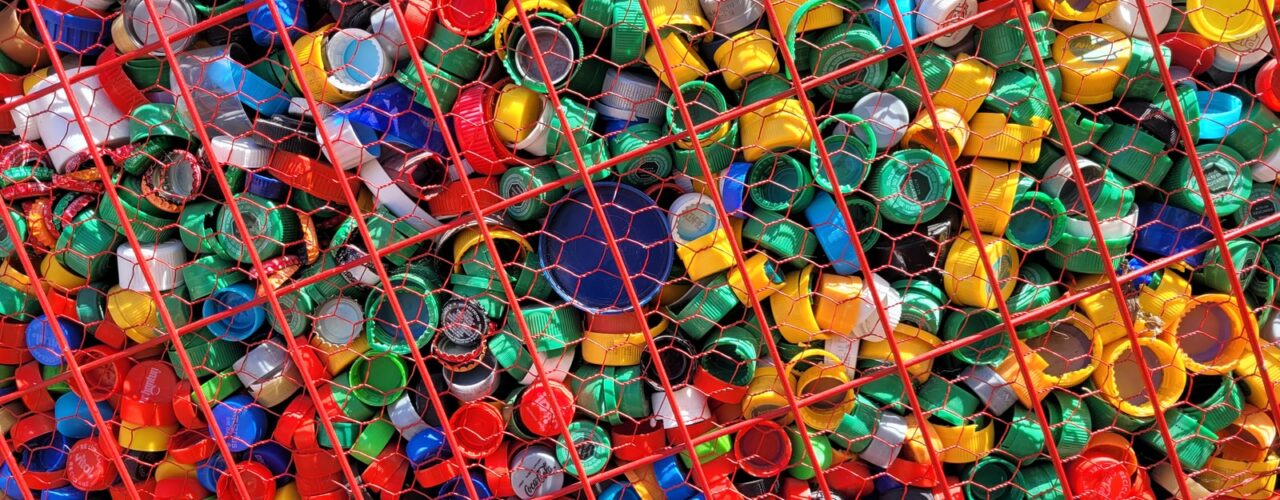
So what?
Currently there is no global treaty that addresses the global problem of plastic pollution. The closest agreement is the Basel Convention which was amended in 2019 to place limits on exports of plastic waste. The global treaty would go much further, creating a legally binding treaty that improves recycling, waste clean-up, and possibly limits on plastic production itself. Thus, the treaty would acknowledge the global nature of plastic pollution and stimulate a globally coordinated effort towards solving it. The agreement also recognised the importance of informal waste pickers in the economy, presenting an opportunity for a just and regenerative transition away from plastics.



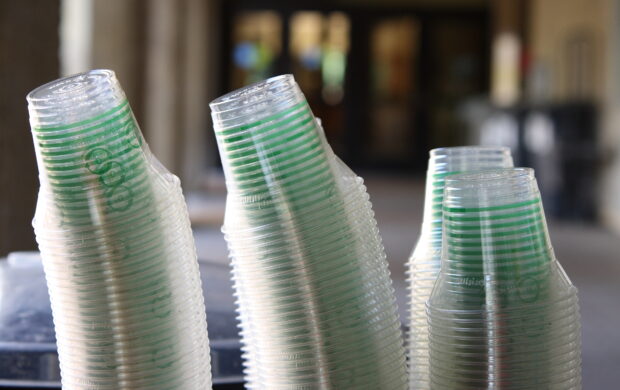

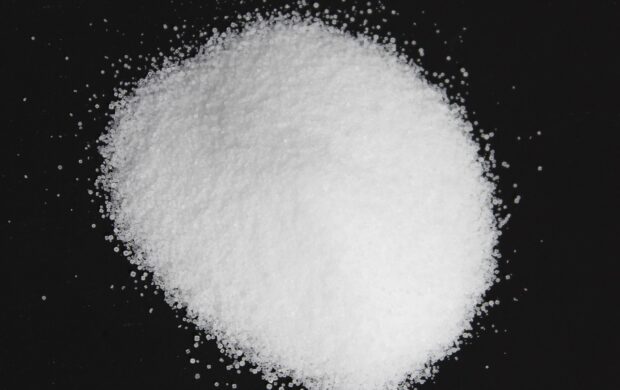

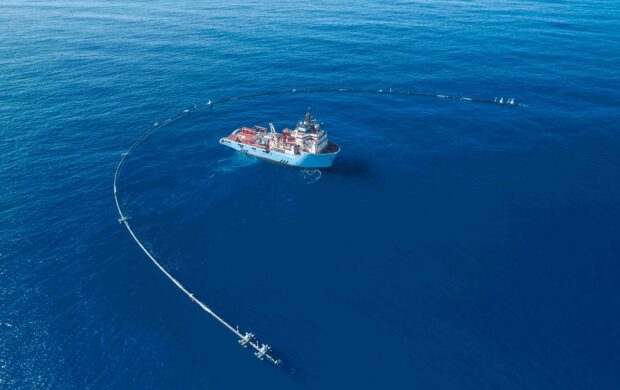


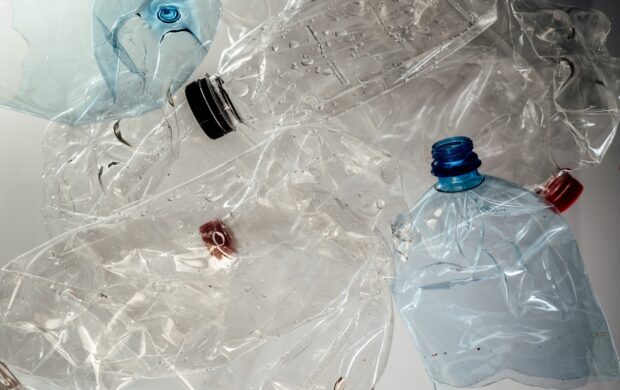

Join discussion